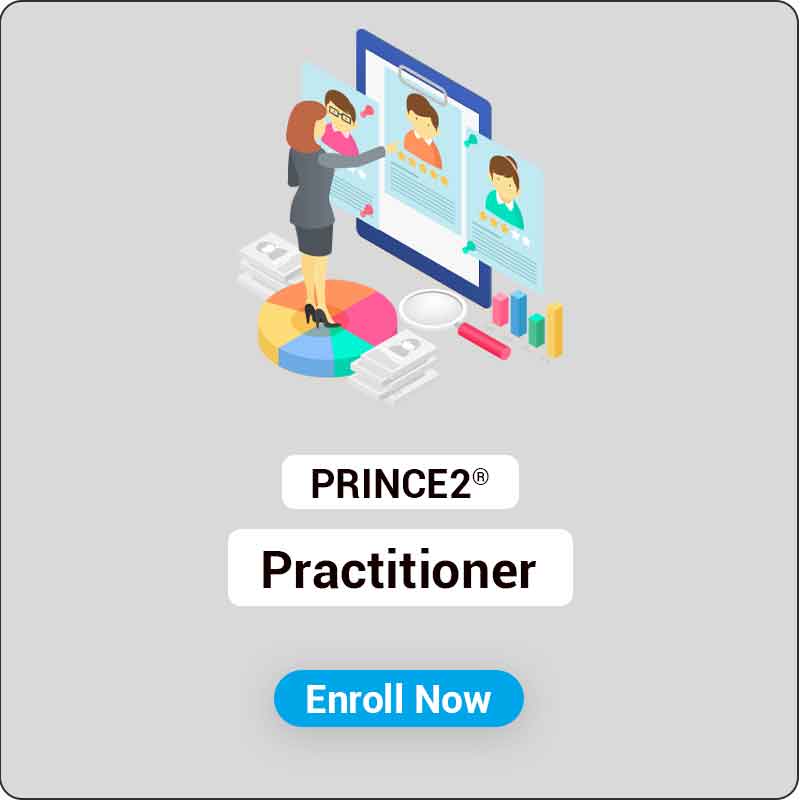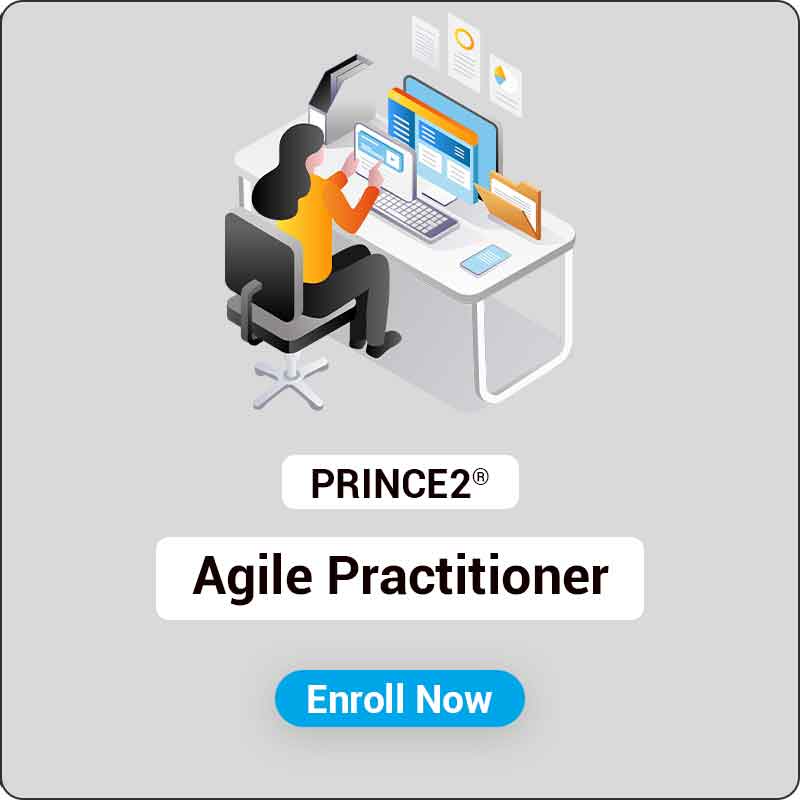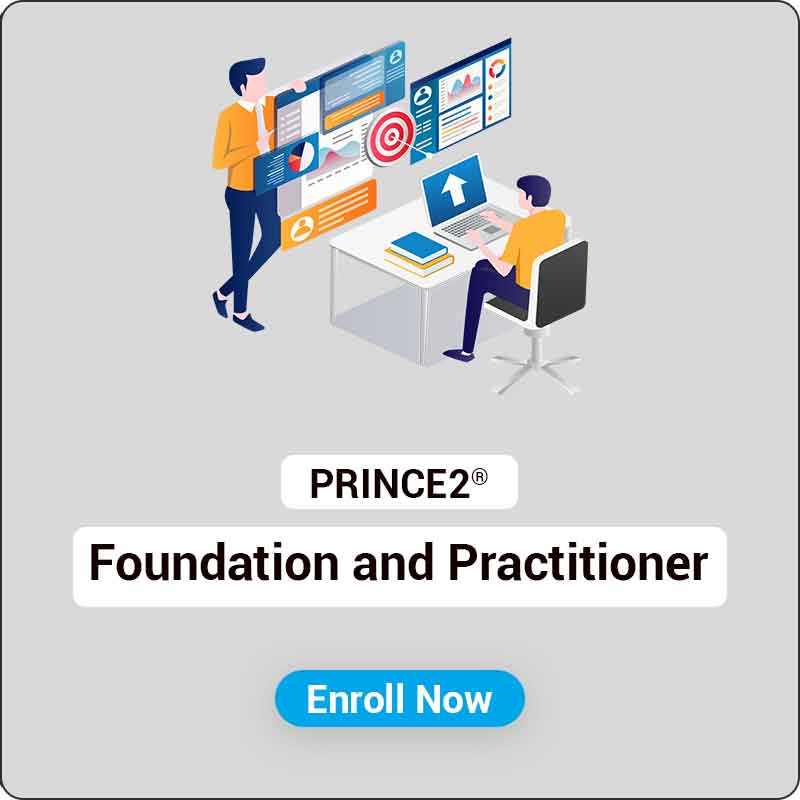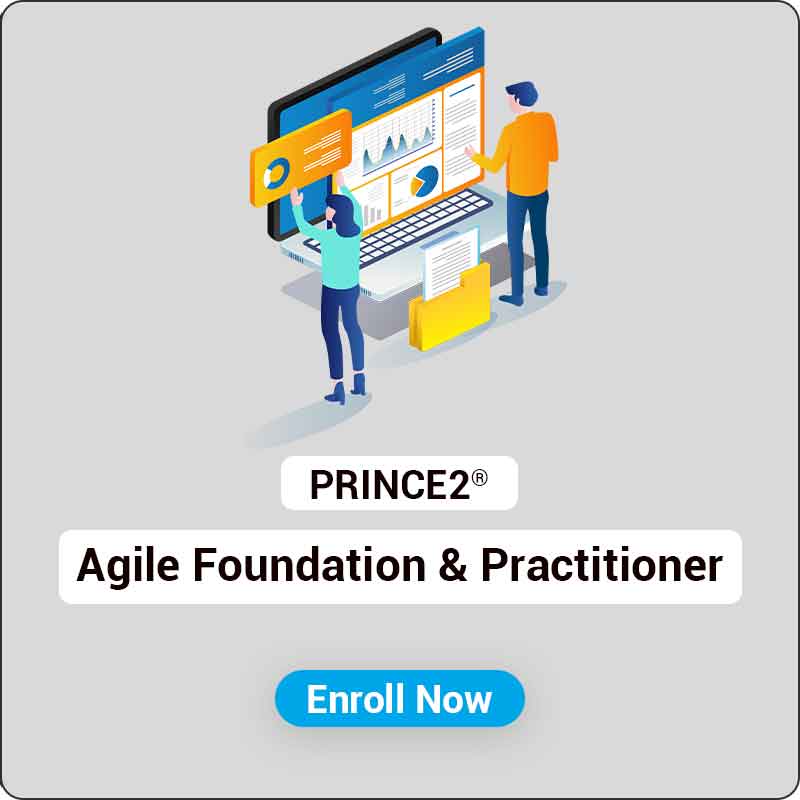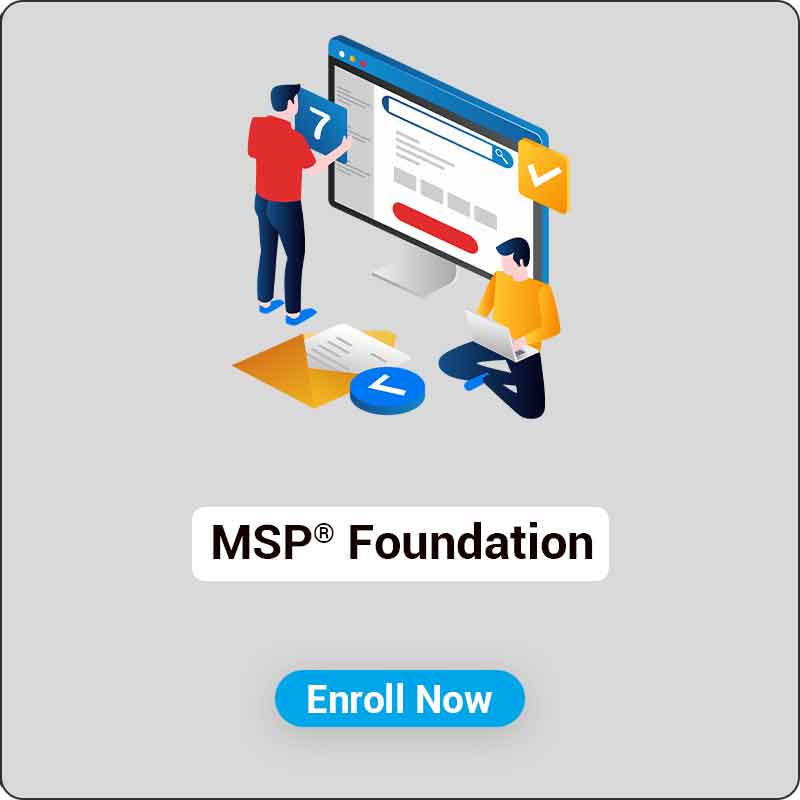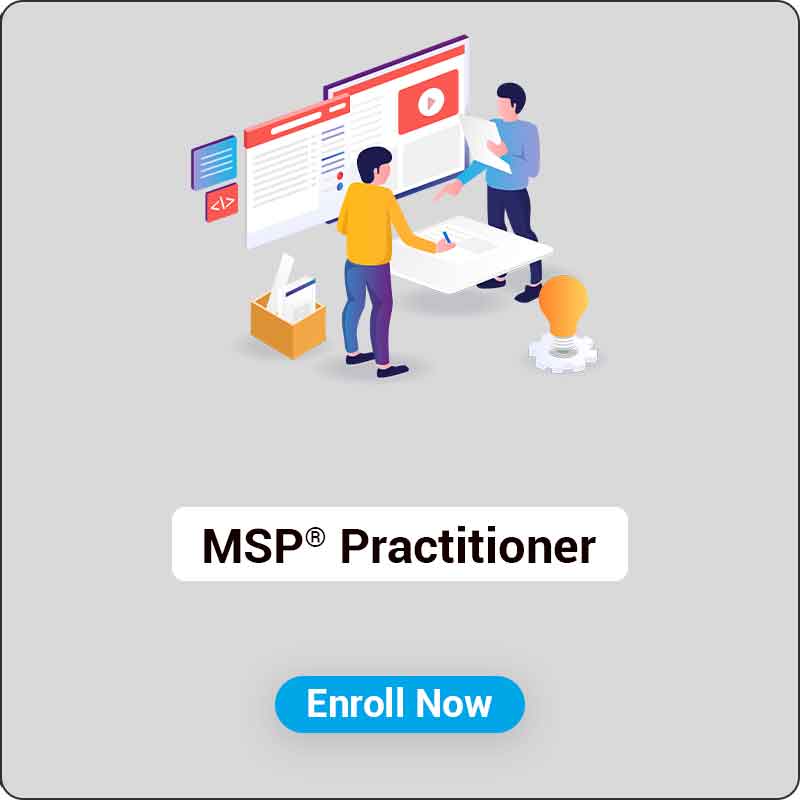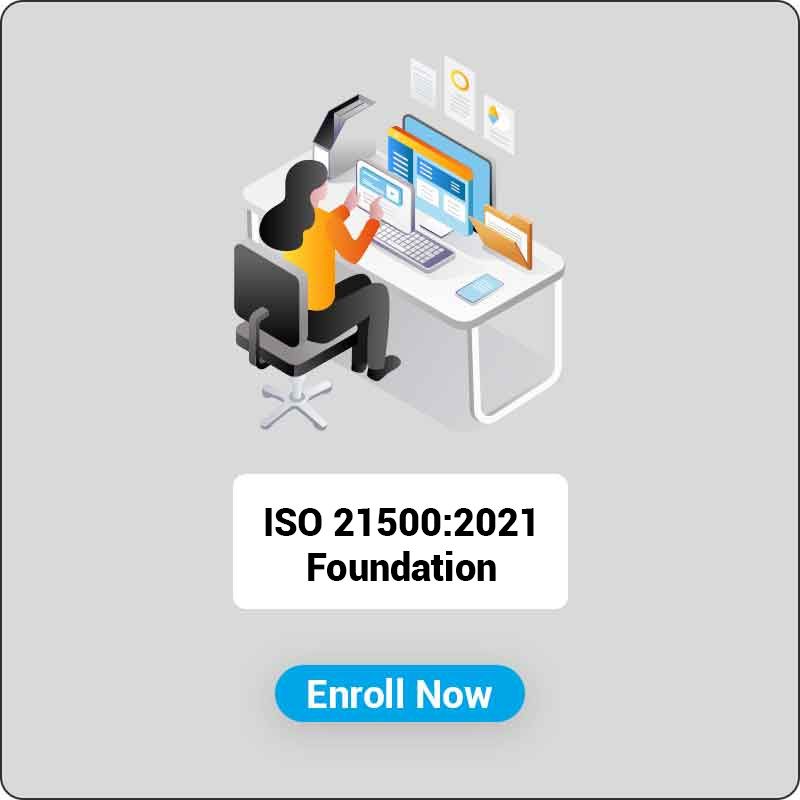PMP Exam Prep Bootcamp
.jpg)
Accredited By

Course Package
PMP Exam Voucher
Study Training Material
Highly Experienced & Accredited Instructor
Live Instructor-Led Sessions
Real Life Examples & Case Studies
Lifetime LMS Access
K-Prime Warranty
Target audience
- Beginners: Individuals who are new to project management and want to learn the basics of project management and its principles.
- Aspiring Project Managers: Individuals who want to pursue a career in project management and are looking for a comprehensive course to learn the skills required for the job.
- Junior Project Managers: Individuals who have some experience in project management and want to improve their skills to take on more significant responsibilities.
- Professionals in Related Fields: Individuals who work in related fields such as engineering, IT, business, and finance and want to learn project management skills to manage projects effectively.
- Business Owners and Entrepreneurs: Individuals who own a business or want to start one and want to learn project management skills to manage their projects efficiently.
- Students: Individuals who are studying business or management and want to learn project management skills to enhance their academic knowledge and job prospects.
Prerequisites of PMP Certification Training Course
The course is designed for beginners who want to learn the basics of project management and how to manage projects effectively.
However in case you wish to apply for PMI-PMP® certification you need
- A four-year degree
- 36 months leading projects
- 35 hours of project management education/training or CAPM® Certification.
OR
- A high school diploma or an associate’s degree (or global equivalent)
- 60 months leading projects
- 35 hours of project management education/training or CAPM® Certification
PMP Certification Exam and Certification information
- Exam provider: Project Management Institute (PMI)
- Exam format: Computer-based test (CBT)
- No. of questions: 180 multiple-choice questions
- Passing score: The passing score is determined through a process called psychometric analysis, which takes into account the difficulty level of the questions. Therefore, the passing score varies from exam to exam and is not fixed.
- Scoring pattern: Each question has a score of one point. There is no negative marking for incorrect answers.
- Type of exam: Online (CBT) or paper-based (PBT)
- Certificate validity: The PMP certification is valid for three years.
PMP Certification Journey

Course Outline
- Introduction to Project Management
- What is a Project?
- Project Management Life Cycle
- Project Management Process Groups
- Project Integration Management
- Project Scope Management
- Project Time Management
- Project Cost Management
- Project Quality Management
- Project Resource Management
- Project Communication Management
- Project Risk Management
- Project Procurement Management
- Project Stakeholder Management
- Project Execution
- Project Control
Check Our Upcoming Batches
Frequently Asked Questions.
Project Management Professional (PMP) is a globally recognized professional designation offered by the Project Management Institute (PMI). It signifies that an individual has the experience, education, and competency to lead and direct projects. The PMP certification is widely respected and sought after by employers and clients alike, as it demonstrates a high level of project management expertise.
The PMP certification is a credential that validates a project manager's skills and knowledge in leading and directing projects. To earn the PMP certification, candidates must meet specific educational and professional experience requirements and pass the PMP exam. The exam covers five domains: initiating, planning, executing, monitoring and controlling, and closing. It ensures that certified professionals are well-versed in best practices and methodologies in project management.

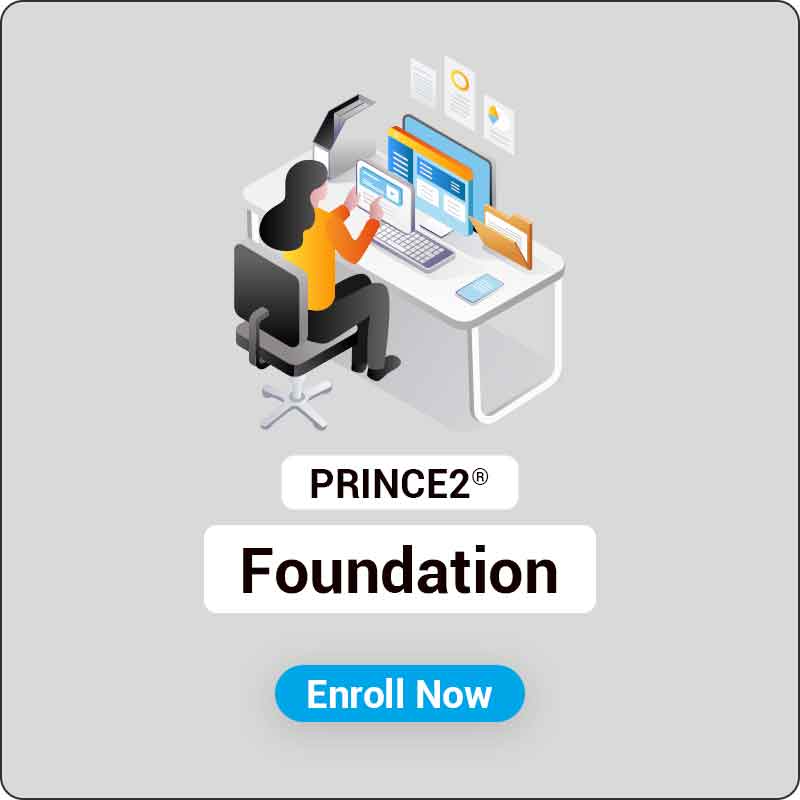
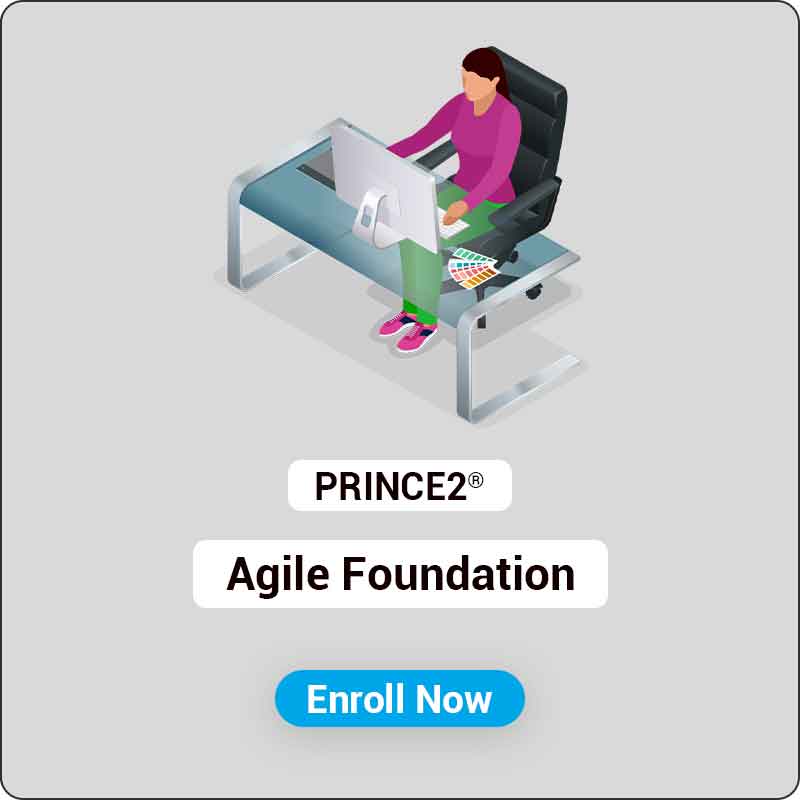
.jpg)
-compressed.jpg)
